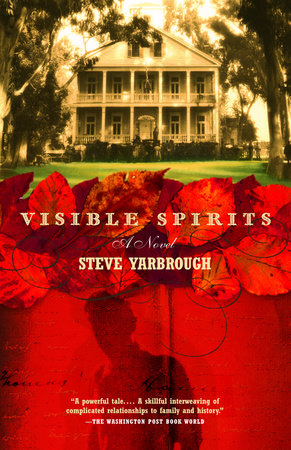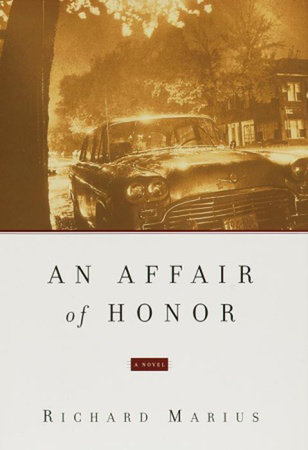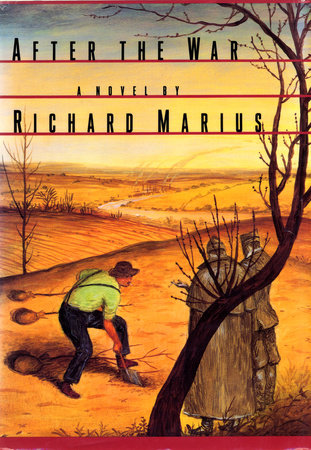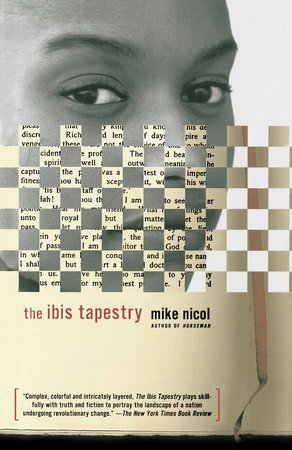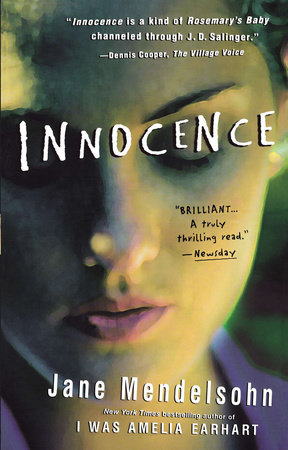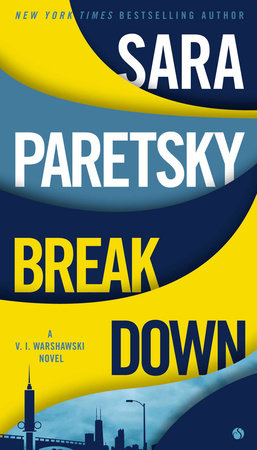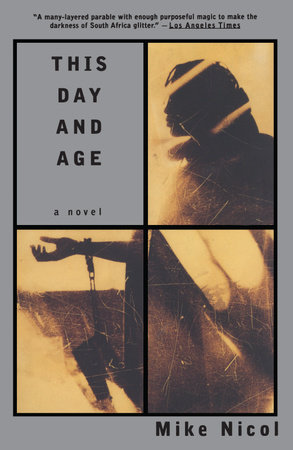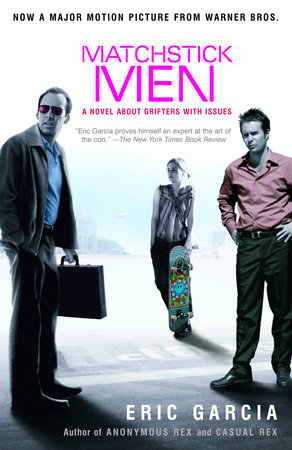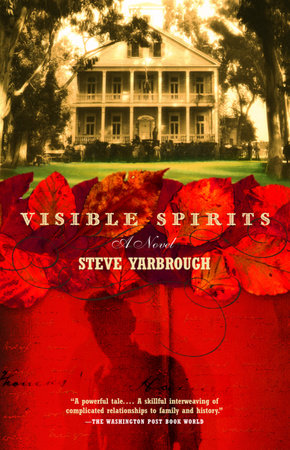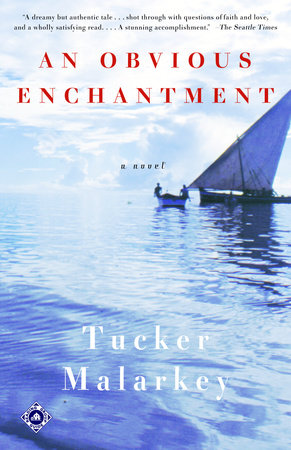Author Q&A
A Conversation with
Steve Yarbrough
author of
Visible Spirits
Q: Where did you get the idea for Visible Spirits, and how much of this novel is based on historical fact? What kind of research did you do in advance of writing?
A: The novel is loosely based on an actual incident–one which attracted quite a bit of attention at the time but has since faded from the spotlight–that occurred in my hometown, Indianola, Mississippi, in 1902 and 1903.
I read many works about the era, as well as quite a few accounts of the central event, the best of which is a chapter titled "The Indianola Post Office Affair," in Willard B. Gatewood Jr.’s 1970 book Theodore Roosevelt and the Art of Controversy: Episodes From the White House Years. But I’m not a historian, and sticking to what really happened would have rendered me incapable of writing about character the way I wanted to. So I felt perfectly free to alter and invent and have done so liberally. I expect that historians who read the novel will point out that what really happened is very different from what happens in the novel, and that’s fine with me.
Q: What are the challenges in incorporating historical events and people (i..e., Teddy Roosevelt) into a work of fiction?
A: First of all, I think I’m right in saying that Teddy Roosevelt is the only real person I used in the novel. Other characters were suggested by real historical people, and the overall structure of the narrative was suggested by a real event. But I always remind myself that in the end, for me at least, fiction is never about what happened. It’s about what didn’t happen but might have, if things had worked out in the most dramatic and revealing way that I can imagine them working out. Writing fiction is an act of the imagination. Which is not to say that historians lack imagination. They don’t. But all of the historians I know—and I know and admire quite a few—are involved in finding a different kind of truth than the one I’m looking for.
Q: Your title, Visible Spirits, seems to refer to the idea of ghosts, or as one of your characters says, "the remnant of a self." How does this idea of ghosts inform your novel?
A: I have never seen what I would call a ghost. I hope I never see one. But as a child growing up in Mississippi, I heard many adults—both black and white—tell of encounters they’d had with ghosts. Also, I once heard someone say that an instant before her mother died, she saw the window on the other side of her mother’s bed become completely black. "I seen old Death," she said, in a very matter of fact way. I believe that she believed it.
I believe, furthermore, that for people who have a sense of the past, which in America seems to be a dwindling minority, those who lived in the past are still real. My grandfather died in 1970, yet there’s never a day when I fail to think of him, when I remember the little grin that appeared on his face right before he played a trick on me or how he would groan and shake his head on Sunday afternoon when I begged him to put down his newspaper and come play ball with me.
Some of the elderly black people I liked to spend time around when I was growing up told me stories their grandparents had told them. So people who had been dead for, say, one-hundred and thirty years became very real for me. I knew, or believed I did, what they looked like, how they talked, even what they thought. Were they ghosts? It depends, I suppose, on how you define that word.
Q: Do Southerners grapple with the legacy of slavery and racism in a particular way that people from other parts of the country find difficult to understand?
A: I sometimes wonder whether people from other parts of the country do much grappling with it at all. Southerners—at least those of my generation, who grew up during the Civil Rights Movement—have had no choice but to face a very nasty aspect of our national history. I’ve lived in Central California for quite a few years now, and while there’s a fairly strong awareness out here of the legacy of racism directed at Hispanics and Native Americans, there’s little understanding of slavery, Reconstruction, and its aftermath. Nor is there much sense of what a cataclysmic conflict the Civil War was for all those whose lives were touched by it—which includes my generation of Southerners.
Q: The novel centers around two brothers, Tandy and Leighton Payne. How are they representative of the different reactions of Southerners to issues of race at the turn of the last century?
A: I think there have always been better and worse people among us. Sometimes the worse people can be quite charming, whereas the better people may be awkward and ungainly—in part because they’re weighed down by an innate sense of decency that others lack. For me, Tandy and Leighton are opposite sides of a coin. Given their upbringing, there’s very little to separate them, yet they react in completely different ways to issues of race. And for most Southerners, the issue of race is where you define yourself, when you finally have to stand up and be counted. If you look at the history of the South, there have been a lot more Tandys than Leightons.
Q: The plantation owned by the Payne family is called "The Deadening," a name which suggests that death has actually become part of the physical landscape in Loring, Mississippi. How does living on the land where so many people died affect the different characters in this novel?
A: As one character in the novel says, for the black people on The Deadening, "ain’t nobody ever just been his own self—he’s his own self and twenty-five somebody else’s." I think that Loda and Blueford and Miss Bessie carry with them those who have died; so do Seaborn and Leighton, though in different ways.
But death is important in more than one sense. The term "deadening" refers to a tract of land where all the trees have been killed—first, by deadening their roots with poison, then burning them. The Delta, in the last two decades of the nineteenth century, probably looked like most people’s vision of Hell. There were fires all the time, as the settlers burned the woods down and got land ready for farming. The land itself has always been harsh and inhospitable to human beings. Its natural inhabitants are water moccasins, mosquitoes, panthers and bears. The natural inhabitants had to be killed, just as the trees had to be killed. And all this killing was done in the name of profit.
Q: Leighton writes his editorials for the town newspaper in the voice of a cockroach. Where did that idea come from? Why does he feel more comfortable railing against injustice as a lowly bug than as a man—the mayor of the town, no less?
A: The conceit of the cockroach jumping on typewriter keys was inspired by Don Marquis’s Archy and Mehitabel poems, which began appearing in the New York Sun back in 1916. As for why Leighton chooses to write from that perspective, it may simply be because he finds it catchy and cute. But it may also reflect the fact that Leighton is a man with a deep sense of his own unworthiness, of having sinned and fallen short.
Q: In the wake of the storm created by Loda’s appointment and later resignation as PostMistress, many people urge Loda and Seaborn to leave town. Yet they stay. Why?
A: I think each of them has a different set of specific reasons, but in the end it comes down to one thing: it’s home, and home is a powerful concept for most of us. I once asked a black woman from the Delta, who I knew had suffered the effects of discrimination and prejudice all her life, why she’d never left. Her answer was simple. "This place is as much mine as it is anybody else’s. Now I can’t say that about anyplace else, can I? So here I am, and here I’ll stay."
I believe that most black people who have lived their whole lives in the Delta understand it’s their sweat and blood that made it what it is, not the sweat and blood of people like the Paynes; and they are often reluctant to surrender ground, believing quite rightly that the land is, or ought to be, theirs.
Q: Tandy is a man trying to redefine himself using race as the linchpin. You write, "It was stunning how a man made himself up day by day." What was it about this period in American history that made certain people ripe for reinvention?
A: It was a time when large changes were underway. The relationships between business and consumers were being altered, partly because of the efforts of Teddy Roosevelt and others; the relationships between business and workers were changing as well. The United States was redefining the way it related to the rest of the world, and the South was redefining the way it related to the rest of the United States. So a man like Tandy had a big field to play on.
But I’m not sure that the American propensity for personal redefinition has passed. There’s something deeply ingrained in the American psyche that convinces many of us that almost anything is possible, given the right set of circumstances. Witness the large number of people walking around Santa Monica with film scripts under their arms. Most of them will never set foot in a production company, unless they get hired to answer the phone, yet they remain convinced they’re only a step away from stardom. Of course, a few of those folks might be right, and a few is enough to give the rest of us hope. I’m about as guilty of this kind of thinking, by the way, as the next person. I’m a mediocre musician, but I love bluegrass music more than just about anything in the world, and if I want to be completely honest, there’s a little voice that I hear from time to time, and it tells me, "You could still be every bit as good as Bill Monroe!" Mostly, I tell that voice to shut up.
Q: One of your characters refers to the time period Visible Spirits occupies as "a time when no word tasted sweeter on the American tongue than progress," and yet none of your characters seem to be able to escape the past. How does that tension define this period in history?
A: As a friend of mine who is a priest likes to say, "There’s theory—and then there’s practice." People during the Progressive Era felt they were making huge changes for the better—and in many instances they were. But change can’t obliterate history. What happened happened, and I don’t believe any of us can escape it, though I think—and hope—that we can learn from past mistakes.
Q: Leighton’s father tells him, "Calling it yours don’t make it yours, boy. Taking’s what makes it yours—and you don’t just take it once. You’ve got to take it again and again." Can you elaborate on this idea?
A: I think Leighton’s father has a brutal view of life, but it’s one that a lot of the Delta’s early settlers shared. They were tough, occasionally vicious people, and they were willing to kill to claim the land—not once but as often as need be. That’s an attitude, unfortunately, which is not limited to plantation owners in the Delta.
Q: What do you hope people will come away from reading Visible Spirits thinking about?
A: I hope they will spend a little time thinking about how difficult it sometimes has been, and indeed is even now, for some people in this very prosperous nation to go about the ordinary business of leading decent lives.
